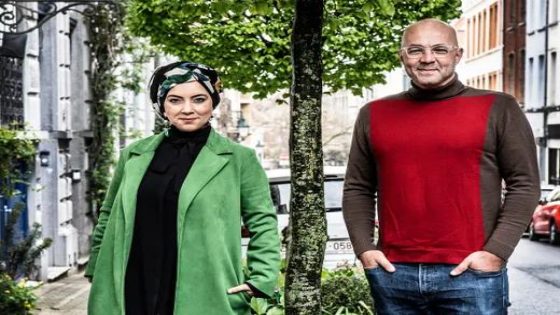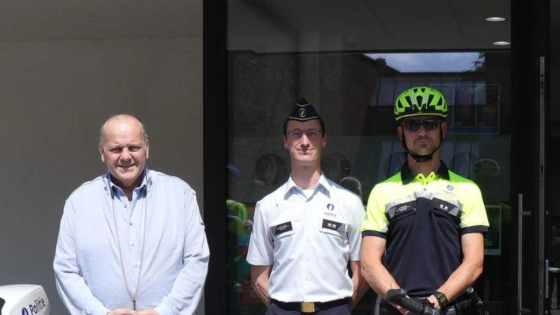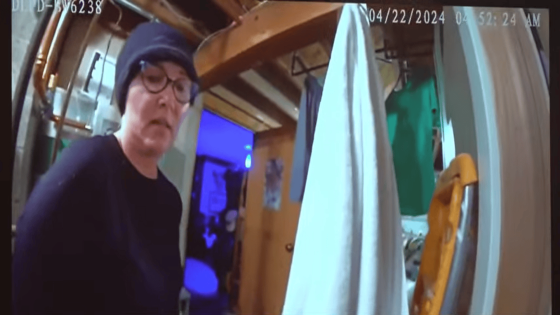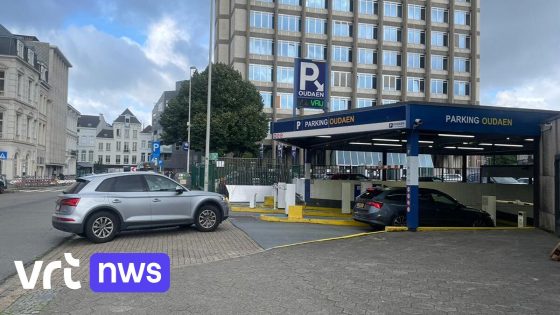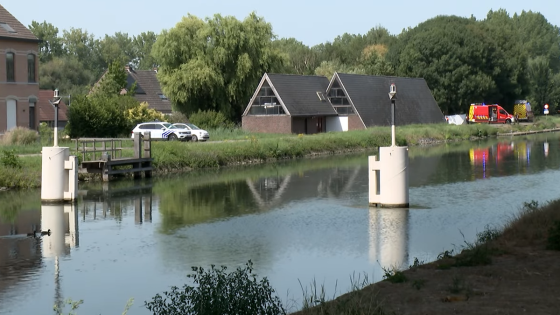The bid for Molenbeek to become the European Capital of Culture in 2030 is gaining strong political backing in Brussels. Key local councils have passed resolutions urging financial support and collaboration to ensure the success of the Molenbeek 2030 project, highlighting its significance for the city’s cultural and economic future. As of 2025-07-04 18:37:00, momentum is building toward the final decision.
- Brussels parliament urges budget for Molenbeek 2030
- VGC-College requested to fund cultural bid
- Political parties show cooperation despite tensions
- Final decision on European Capital 2025
- Open VLD retracts support over extremist ties
- MR rejects PTB signature on resolution
The Brussels Parliament and the VGC Council have both called on regional governments to allocate the necessary budget and seek European funding to support Molenbeek’s candidacy. This united front comes despite political divisions, showing a rare moment of cooperation among parties in Brussels. The final choice for the European Capital of Culture title will be announced in autumn 2025, after Molenbeek submits its bidbook later this month and presents it in September.
With Leuven and Namur also competing, can Molenbeek’s vision truly inspire hope and positivity for Brussels residents amid economic challenges? The answer lies in how effectively the city can rally support, both politically and financially, in the coming months.
What does this political support mean for Brussels and Molenbeek? It signals a willingness to prioritize culture as a tool for urban renewal and social cohesion, despite ongoing political tensions. Key points include:
- Cross-party collaboration in Brussels to fund and promote the Molenbeek 2030 project
- Political friction remains, especially around support from extreme left and right parties
- Final bidbook submission and presentation set for late summer 2025
- The project is seen as a beacon of hope amid economic uncertainty in the region
As the autumn decision approaches, all eyes will be on Molenbeek’s ability to demonstrate its cultural vibrancy and secure broad-based support. Will this initiative transform the area and boost Brussels’ profile on the European stage? The coming months will be decisive for the city’s cultural and economic landscape.



